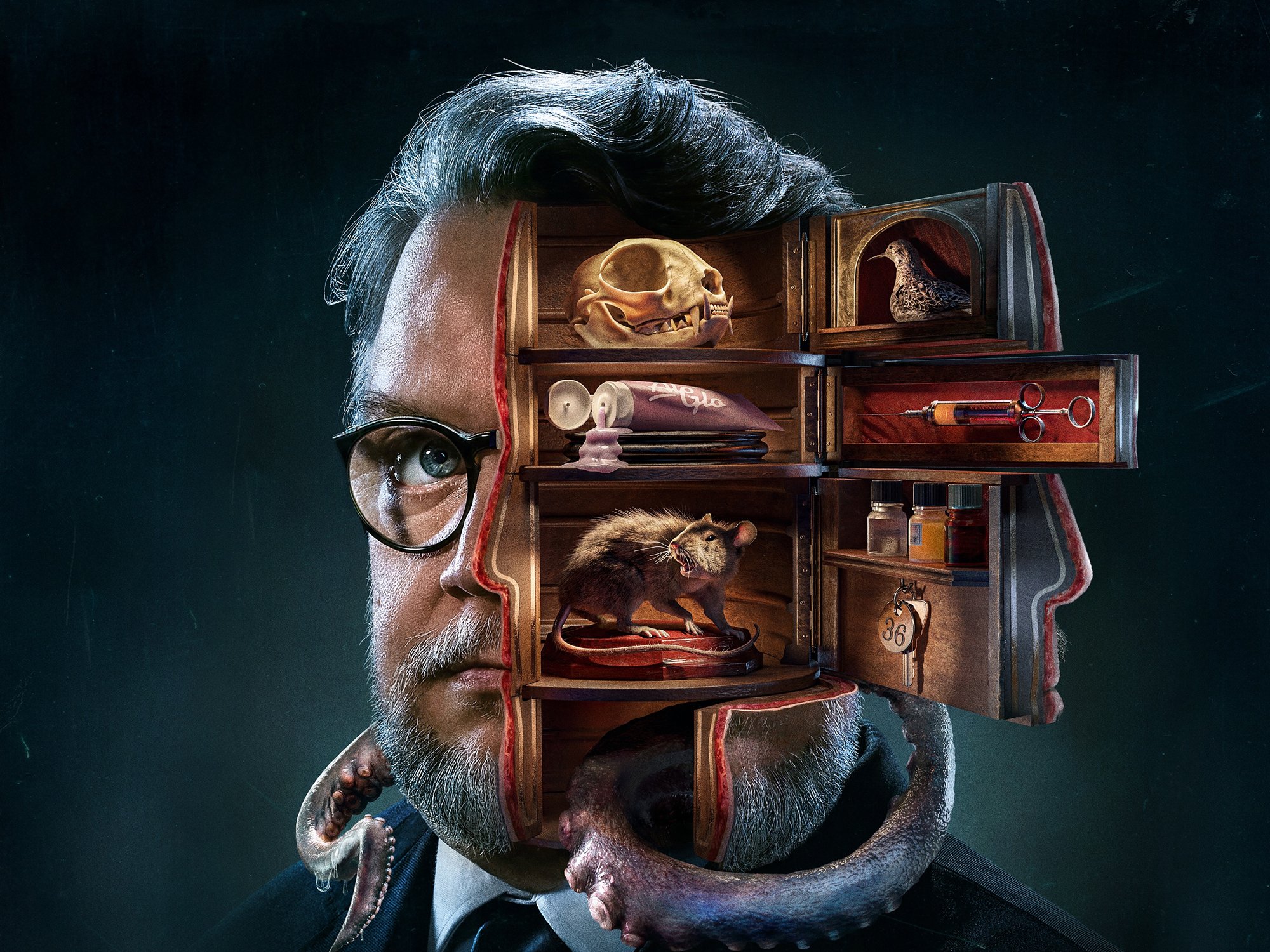TV Review: Warrior
Martial Arts, Meet the Old West
Cinemax brings a healthy dose of Asian representation to premium cable with its new martial arts western, Warrior. Originally pitched for television in the 1970s by Bruce Lee, the series’ original incarnation was mothballed for over four decades until it was picked up by producers Jonathan Tropper (Banshee) and Justin Lin (Better Luck Tomorrow, The Fast and the Furious). While Warrior continues the Cinemax tradition of graphic sex and violence, along with a reach that is sometimes beyond its grasp, it is also a compelling look at the bloody Tong Wars of 1870s San Francisco. Buoyed by frenetic martial arts action and strong female performances, Warrior admirably fills the void left by the end of Cinemax’s Banshee and Strike Back. Minor spoilers ahead…
In 1971, actor and Jeet Kune Do legend Bruce Lee developed a concept for a television series titled The Warrior, a genre mashup that placed a Chinese martial artist in the Old West. While Lee found much success and cachet bridging the gap between East and West in the 60s, his pitch for the series wasn’t particularly well received by Warner Bros. or Paramount executives. Allegedly, according to Lee’s widow Linda Lee Caldwell, the idea was then repackaged into Kung Fu, the 1974 action-adventure series starring David Carradine that ran for three seasons on ABC. While Kung Fu became a modestly successful franchise, spawning a movie and two spinoff series, Lee’s original vision was all but forgotten. Flashforward to 2019, with the help of Bruce Lee’s daughter Shannon, producers Jonathan Tropper and Justin Lin, Warrior is finding new life on Cinemax.
Fitting right in with Cinemax’s library of premium action titles, Warrior follows Ah Sam (Andrew Koji), a half-white, half-Chinese martial artist transplanted to 1870s San Francisco in search of his estranged sister. However, almost as quickly as he steps off the boat onto the California docks is he embroiled in a bloody, multi-front conflict between the various Chinese Tong factions of San Francisco’s Chinatown and the working class Irish community. Immediately conscripted into the Hop Wei gang because of his martial arts prowess, Ah Sam learns to keep his eyes sharp and head down as he navigates his dangerous new environment.
“And while the show makes huge strides in Asian representation, especially for television and long-form storytelling, its portrayal of women is also praiseworthy.”
Ah Sam, as a pastiche of the late Bruce Lee, is portrayed admirably by relative newcomer Andrew Koji. Koji obviously lacks the larger-than-life charisma of Lee, but his physical swagger and cocksure attitude cover considerable ground in conveying an action-packed narrative. For some reason or other, Cinemax has never excelled at cultivating magnetic leads - whether we’re talking about Banshee’s stoic-but-ruthless Lucas Hood, or Strike Back’s sanded-down action heroes of Stonebridge and Scott, the premium cable network has always fared better at filling out its ranks with more memorable supporting players, and Warrior is no different. Wisely, the show surrounds Koji with a colorful cast of characters that play off his quiet intensity nicely. In the show’s opening hours, Ah Sam tangles with his new boss Father Jun (Perry Yung), his eager-to-please heir Young Jun (Jason Tobin, Better Luck Tomorrow), and the mercenary fixer Wang Chao (Hoon Lee).
And while the show makes huge strides in Asian representation, especially for television and long-form storytelling, its portrayal of women is also a boon for the series, even if the titillating proclivities of Cinemax sometimes strike a jarring cognitive dissonance. On the surface, they may be stock characters of the local madame or the beleaguered wife, but the women of Warrior perhaps have the deepest arcs in the world of the show. Ah Toy (Olivia Cheng, Marco Polo), the hard-nosed madame of an escort house, moonlights as a brutal Chinatown vigilante; Mai Ling (Dianne Doan, Vikings), the seemingly demure wife of Tong boss Long Zii, displays remarkable business acumen and ruthlessness in her husband’s criminal affairs; and Penny Blake (Joanna Vanderham), the corrupt mayor’s wife, navigates the city’s racial tensions in her own narrative that puts her face-to-face with Ah Sam and the Tongs. As a byproduct of its late 19th century setting, the women of Warrior may be marginalized, but their stories and characterization are anything but.
Quite fittingly, the violent Tong conflict at the center of Warrior is the best part of the show, handily living up to the action-heavy pedigrees of producers Jonathan Tropper and Justin Lin. Crackling with energy, its underhanded politicking and gangland sparring is sprinkled with frenzied martial arts action, and Ah Sam and Young Jun - as the Hop Wei’s most formidable hatchetmen - carry the show’s pugilist spectacle with great confidence. However, on the flip side of things, Warrior’s other focus on city politics and San Francisco’s Irish community leaves much to be desired. Whether it’s the corrupt mayor Samuel Blake’s (Christian McKay) efforts to wrangle the violent Tongs, or racist police officer Bill O’Hara’s (Kieran Bew) entanglement with both the Chinese and the Irish, it’s all very dry material that pales in comparison to its more vibrant counterpart. The white criminal element is especially undercooked, as the Irish, led by Dan Leary (Dean Jagger), are portrayed as little more than racist thugs and opportunists. There’s an interesting story to be told here with 1870s San Francisco’s rampant xenophobia and racism against the Chinese, but it’s all just a little too reductive to resonate.
Warrior is a worthy addition to the Cinemax library, especially after wrapping up its previous lineup of action-dramas. In the void left behind by the conclusions of Banshee and Strike Back, and the unceremonious cancellation of Quarry, it’s about time that a new generation took its place at the HBO-owned network. It’s especially heartening to know that Warrior is the late Bruce Lee’s vision come to life, and with its predominantly Asian cast and its strong female characters, it’s also coming at the exact right time in the cultural zeitgeist.












